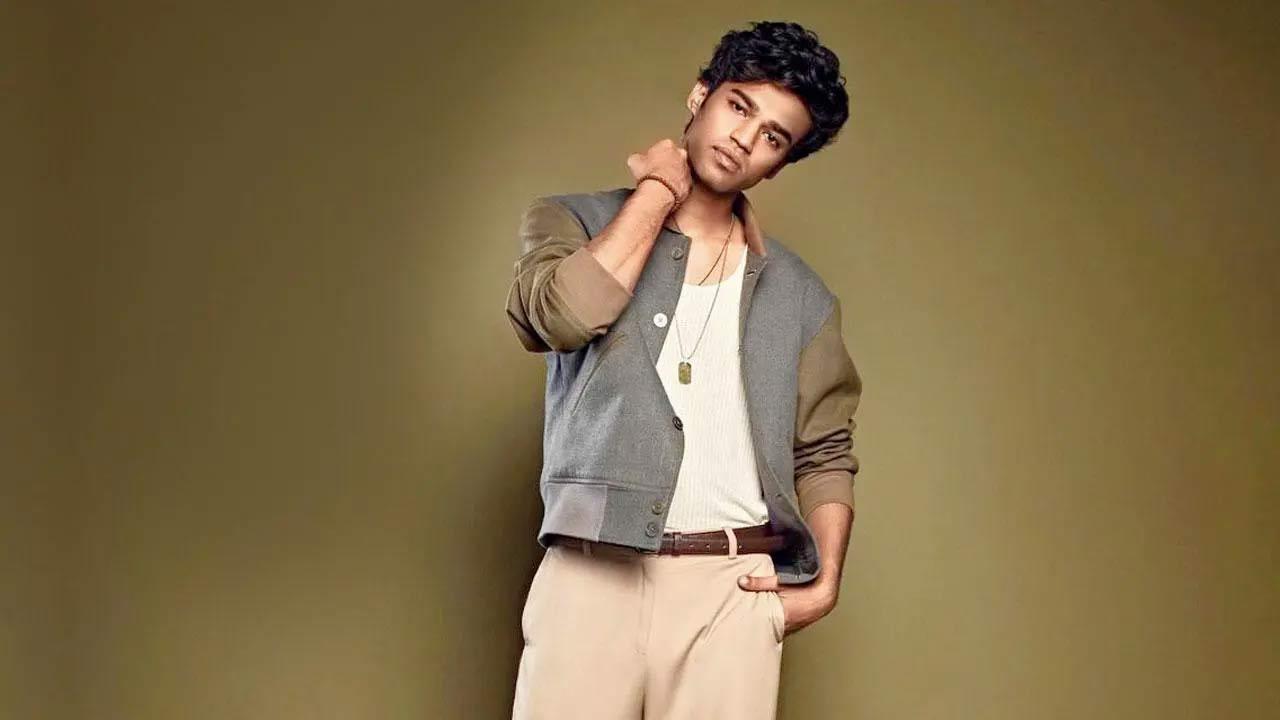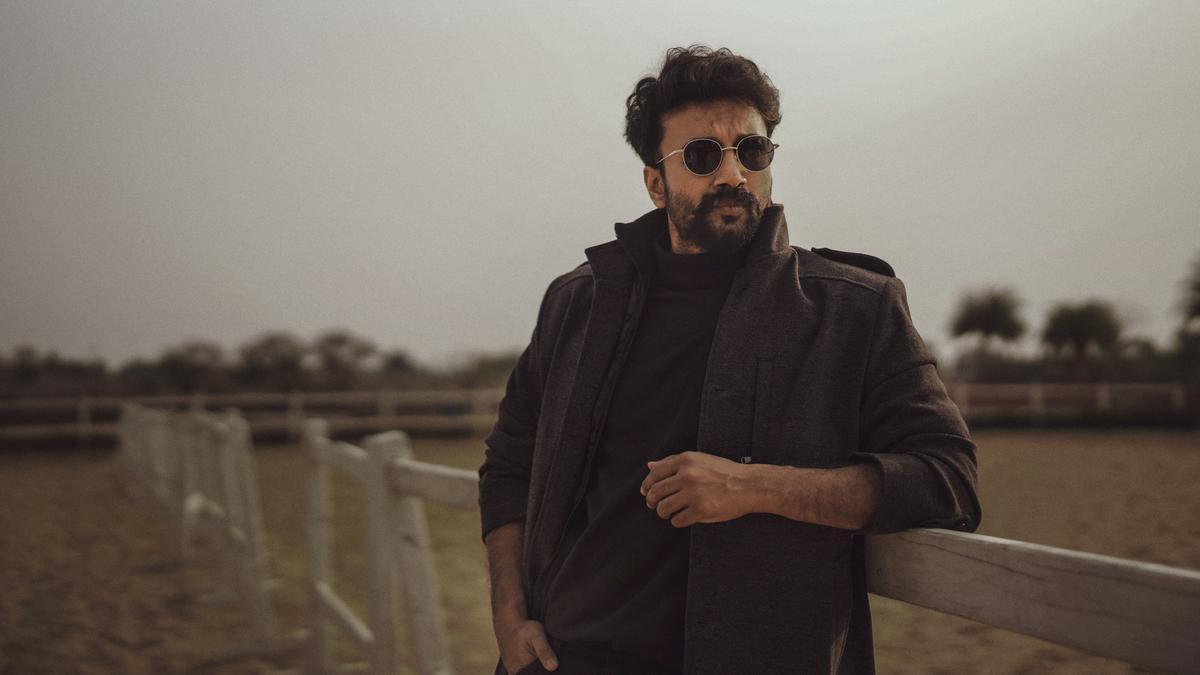
Academy Award-winning actress Olivia Colman has recently expressed her disapproval of the increasing trend toward actors submitting self-taped auditions in lieu of in-person auditions within the entertainment industry. In a candid discussion with fellow actor Andrew Scott, featured in Interview magazine, Colman revealed her concerns over this practice, highlighting the lack of interactive feedback and the difficulty of establishing a connection with casting directors when auditions are conducted remotely.
Audition tapes have become a staple in the casting process, particularly in the wake of the COVID-19 pandemic when face-to-face meetings became a rarity. What was initially a makeshift solution has lingered, becoming a common expectation even as the world returns to familiar routines. This shift has been a significant topic in the 2023 collective bargaining negotiations between the Screen Actors Guild‐American Federation of Television and Radio Artists (SAG-AFTRA) and the Alliance of Motion Picture and Television Producers (AMPTP), illustrating the gravity of the issue within the actors’ community.
Colman argues that the impersonal nature of self-taping is “disrespectful and rude,” equating it with a memory test due to the typically short notice given to actors to prepare their material. This format, she asserts, does not allow them to shine as they might in a live audition where there is room for rapport and real-time interaction, which can shift the outcome.
“It’s basically a memory test, isn’t it? Because they give it to you really late. It’s really rude,” Colman laments. Her successful career, she believes, owes much to the personal charm and charisma she was able to convey in live auditions—a chance to “win them over” that isn’t present in a self-taped submission.
Echoing Colman’s sentiments, Andrew Scott, known for roles in “Fleabag” and as a leading man in the upcoming “Ripley” series, shared his own dismal experiences with self-taped auditions. Scott reminisced about the days when he would dispatch his audition tapes to American productions from a post office in London, often without any acknowledgement or feedback—highlighting an additional layer of isolation and rejection that actors encounter with this process.
The debate over self-tape auditions encapsulates a larger conversation about the evolving nature of the acting profession and the entertainment industry at large. While technological advancements and remote capabilities have created new conveniences and opportunities—such as the ability to audition for a role from anywhere in the world—they’ve also introduced new challenges in maintaining the human element that is so central to the craft of acting.
Colman and Scott argue that the essence of acting is not merely the memorization of lines or the delivery on screen, but the intangible qualities that an actor brings into the room—an energy, a presence, or a unique interpretation that can catch a casting director’s eye. The sterile environment of a self-taped audition undermines this aspect, potentially sidelining talented actors who might thrive in a live setting.
As stakeholders in the industry continue to grapple with these issues, the voices of actors like Olivia Colman and Andrew Scott serve as potent reminders of the importance of personal connection in the arts. For many within the community, the hope is that the conversations sparked by candid discussions in forums such as Interview magazine will lead to a reevaluation of audition practices, ensuring that actors at all levels are given fair opportunities to display their full potential in the most supportive and respectful environments possible.










